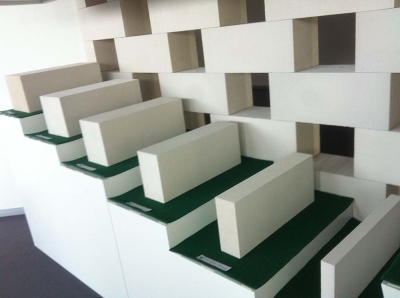- Anbar Asia
- Trade with Ethiopia
- Ethiopia's Construction Materials market
- Concrete blocks trade in Ethiopia



Directory of Concrete blocks suppliers in Ethiopia
 Osama1 weeks ago
Osama1 weeks ago OsamaAgate, Diamond
OsamaAgate, Diamond Abdiaziz Nur Ali2 months ago
Abdiaziz Nur Ali2 months ago Constrantion materialsSandstone
Constrantion materialsSandstone جمال صالح5 months ago
جمال صالح5 months ago احجار كريمةMeteorite
احجار كريمةMeteorite Great5 months ago
Great5 months ago MeteoriteMeteorite
MeteoriteMeteorite Hammadu Yasin Md Ahaw6 months ago
Hammadu Yasin Md Ahaw6 months ago الأحجار الكريمةAgate, Diamond
الأحجار الكريمةAgate, Diamond





